For the current generation, enchanted by the monarchy but unaware of its past, The Crown may well perform the role of a history textbook, notes Dhruv Munjal.
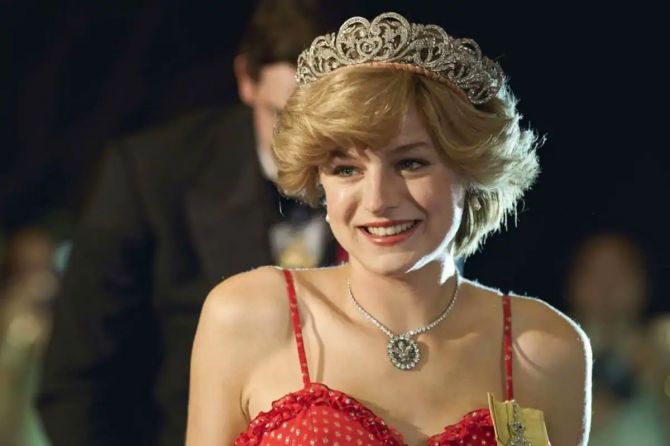
In episode six of the latest season of The Crown on Netflix, Princess Diana, desperately struggling with her marriage, turns to the Queen for help.
Their brief audience at Buckingham Palace ends with a disconsolate Diana hugging her mother-in-law, a routine show of affection that leaves the infamously frigid Queen mildly mortified.
Over dinner, when Her Majesty describes the incident to the rest of the family, Princess Anne remarks, 'I feel sick'.
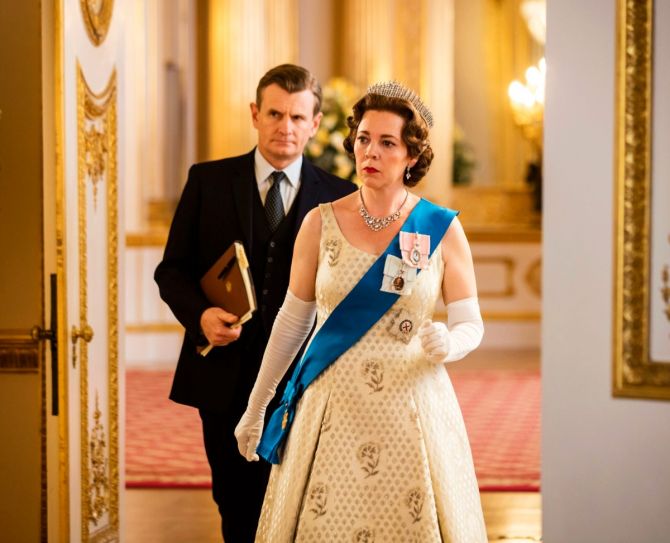
The Royal Family's stoicism or aversion to sentimentality isn't exactly unknown. The Crown's third season showed how the Royals' attempt at inviting a BBC documentary crew into their home -- to show that they are 'normal' people -- boomeranged, with the family coming across as excruciatingly and excessively formal.
This gaping emotional disconnect -- especially the Royal household's wretched treatment of Diana -- is a recurring theme in the show's latest instalment. Except, all of it may not be true.
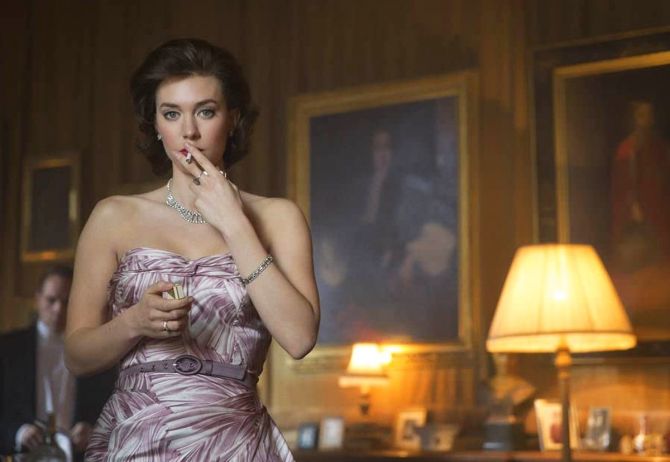
Britain's Culture Secretary Oliver Dowden urged the makers to add a disclaimer stating that the series is a work of fiction, a request that was rejected by Executive Producer and the show's creator Peter Morgan.
The thing is, we don't need Dowden to tell us whether The Crown is fiction or fact: This is a Peter Morgan creation that is clearly not intended as a documentary, one that Netflix has always presented as a 'drama'.
But perhaps a lot of the vitriol coming the show's way is simply down to how Morgan has finally gotten around to genuinely criticising the Queen.
For all its marvellous cinematography and exceptional performances of seasons past, The Crown was probably a slight letdown in its portrayal of the Sovereign: She seemingly found no challenge insurmountable, steering through different eras with consummate ease.
All of which was an evident ode to her resolve but one that also painted her as a faultless ruler.
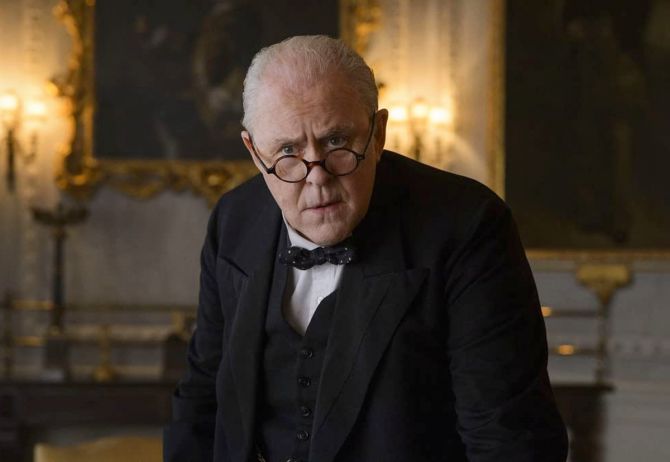
This season, Morgan has done away with the flummery to ask tough questions of the monarch, most damningly her detachment from the British public, the family's insistence on revelling in their own wealth and privilege, as well as Elizabeth's overly steadfast commitment to 'duty', which meant that an ill-suited match like Charles and Diana was always destined to end in calamity.
While there is actual proof to some of these events -- most famously evidenced by Diana's sensational interview to Martin Bashir for BBC Panorama in 1995 -- there is no denying that there is a fair bit of creative liberty at play here.
In one of the later episodes, for instance, an aide of Charles, in a meeting with Diana, questions the Princess of Wales' 'mental health' before a trip to New York, a sequence that a former press secretary to the Queen has said never actually took place.
Elsewhere, Margaret Thatcher is seen giving a piece of her mind to the Queen, something that Royal biographers have maintained is utterly implausible.

Morgan seems to have stuck to the broader truth while embellishing the intricacies. What, for example, actually went on between the Queen and Thatcher during their weekly meetings, or if Elizabeth did indeed hug Diana back, will forever be shrouded in myth.
Using an artistic licence to enrich the narrative for entertainment purposes is hardly an oddity and makes sense, only as long as the viewers treat everything they see with a touch of scepticism.
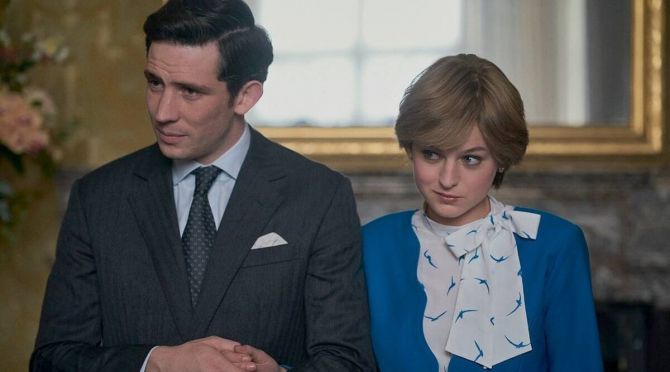
The problem with The Crown, perhaps, is its tendency to have the best of both worlds: Indirectly showcasing itself as a story rooted in fact, while conveniently leaving out plain truths that would have invariably impacted its spectacular storyline.
From the Royals' perspective, this warped combination of fact and fiction is all the more ominous since they remain an object of constant fascination.
For the current generation, enchanted by the monarchy but unaware of its past, The Crown may well perform the role of a history textbook.
That's one of the reasons why the protestations have been so severe. Charles, for one, comes out of the latest season looking particularly bad, a bitter, perfidious husband, and an irresponsible son.
The representation seems all the more damaging when seen in the context of his possible ascension to the throne.
And that's why, while tweaking real-life plots for the screen is more than acceptable, The Crown must not become the definitive account of the Royals' lives: It can be used to question and criticise them, but definitely not judge them.




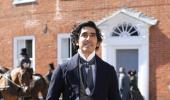





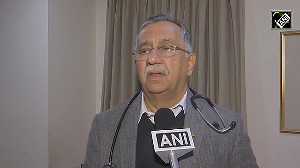

 © 2025 Rediff.com -
© 2025 Rediff.com -